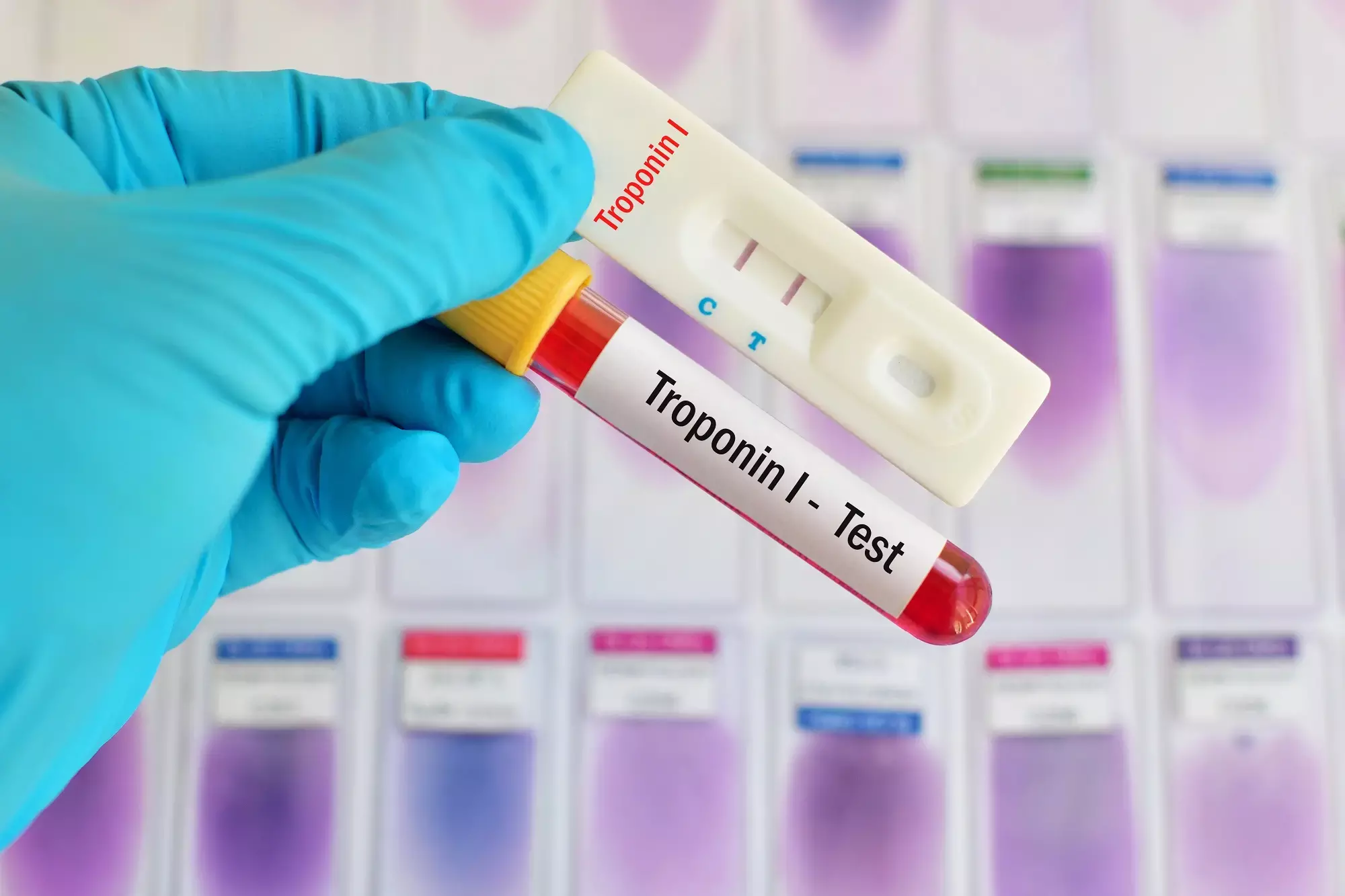- Home
- Medical news & Guidelines
- Anesthesiology
- Cardiology and CTVS
- Critical Care
- Dentistry
- Dermatology
- Diabetes and Endocrinology
- ENT
- Gastroenterology
- Medicine
- Nephrology
- Neurology
- Obstretics-Gynaecology
- Oncology
- Ophthalmology
- Orthopaedics
- Pediatrics-Neonatology
- Psychiatry
- Pulmonology
- Radiology
- Surgery
- Urology
- Laboratory Medicine
- Diet
- Nursing
- Paramedical
- Physiotherapy
- Health news
- Fact Check
- Bone Health Fact Check
- Brain Health Fact Check
- Cancer Related Fact Check
- Child Care Fact Check
- Dental and oral health fact check
- Diabetes and metabolic health fact check
- Diet and Nutrition Fact Check
- Eye and ENT Care Fact Check
- Fitness fact check
- Gut health fact check
- Heart health fact check
- Kidney health fact check
- Medical education fact check
- Men's health fact check
- Respiratory fact check
- Skin and hair care fact check
- Vaccine and Immunization fact check
- Women's health fact check
- AYUSH
- State News
- Andaman and Nicobar Islands
- Andhra Pradesh
- Arunachal Pradesh
- Assam
- Bihar
- Chandigarh
- Chattisgarh
- Dadra and Nagar Haveli
- Daman and Diu
- Delhi
- Goa
- Gujarat
- Haryana
- Himachal Pradesh
- Jammu & Kashmir
- Jharkhand
- Karnataka
- Kerala
- Ladakh
- Lakshadweep
- Madhya Pradesh
- Maharashtra
- Manipur
- Meghalaya
- Mizoram
- Nagaland
- Odisha
- Puducherry
- Punjab
- Rajasthan
- Sikkim
- Tamil Nadu
- Telangana
- Tripura
- Uttar Pradesh
- Uttrakhand
- West Bengal
- Medical Education
- Industry
Cardiac troponin I and NT-proBNP predict CV risk independent of FRS in psoriatic disease

Canada: Cardiac troponin I (cTnI), independent of traditional cardiovascular (CV) risk factors may reflect atherosclerosis risk in patients with the psoriatic disease (PsD), says a recent study published in the journal Arthritis and Rheumatology.
Lihi Eder, Temerty Faculty of Medicine, University of Toronto, Toronto, Canada, and colleagues aimed to determine whether cardiac troponin I and N-terminal pro-brain-type natriuretic peptide (NT-proBNP) in patients with the psoriatic disease is associated with carotid plaque burden and CV events development independent of the Framingham Risk Score (FRS).
For this purpose, the researchers measured carotid total plaque area (TPA) was measured in 358 participants at baseline among 1,000 patients with PsD. Automated clinical assays were used to measure cTnI and NT-proBNP. The association between carotid atherosclerosis and cardiac biomarkers was assessed by multivariable regression after adjusting for CV risk factors. Using measures of risk discrimination and reclassification, improvement in the prediction of CV events beyond the FRS.
Salient findings of the study include:
- In univariate analyses, cTnI (β coefficient 0.52) and NT-proBNP (β coefficient 0.24) were associated with TPA.
- After adjusting for CV risk factors, the association remained statistically significant for cTnI (adjusted β coefficient 0.21), but not NT-proBNP.
- Among 1,000 patients with PsD assessed for CV risk prediction, 64 patients had incident CV events.
- When comparing a base model (with the FRS alone) to expanded models (with the FRS plus cardiac biomarkers), there was no improvement in predictive performance.
To conclude, "cTnI may indicate a risk for atherosclerosis in patients with psoriatic disease independently from traditional cardiovascular risk factors."
"cTnI and NT-proBNP are associated with incident CV events independent of the FRS, however, further study of their role in CV risk stratification is warranted," they wrote.
Reference:
Colaco K, Lee KA, Akhtari S, Winer R, Welsh P, Sattar N, McInnes IB, Chandran V, Harvey P, Cook RJ, Gladman DD, Piguet V, Eder L. Association of Cardiac Biomarkers with Cardiovascular Outcomes in Patients with Psoriatic Arthritis and Psoriasis: A Longitudinal Cohort Study. Arthritis Rheumatol. 2022 Mar 8. doi: 10.1002/art.42079. Epub ahead of print. PMID: 35261189.
Dr Kamal Kant Kohli-MBBS, DTCD- a chest specialist with more than 30 years of practice and a flair for writing clinical articles, Dr Kamal Kant Kohli joined Medical Dialogues as a Chief Editor of Medical News. Besides writing articles, as an editor, he proofreads and verifies all the medical content published on Medical Dialogues including those coming from journals, studies,medical conferences,guidelines etc. Email: drkohli@medicaldialogues.in. Contact no. 011-43720751


